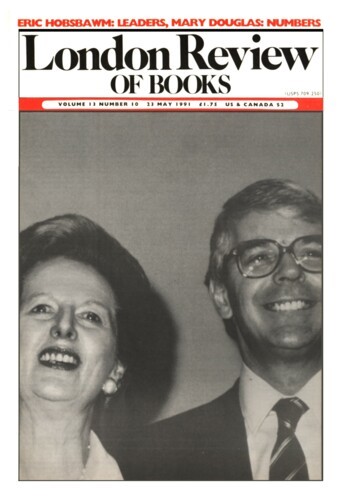Don’t Sing the High C: Unsung Operas
Roger Parker, 13 December 2007
Divas and, recently, divos are all around us. Late last year, the newspapers and opera websites had a feeding frenzy over the antics of the tenor Roberto Alagna, who had been singing Radames in Aida at La Scala. On the second night, booed after his entrance aria by the notoriously partisan loggionisti (an army of singer-obsessives who haunt the upper reaches of the theatre), Alagna simply...



